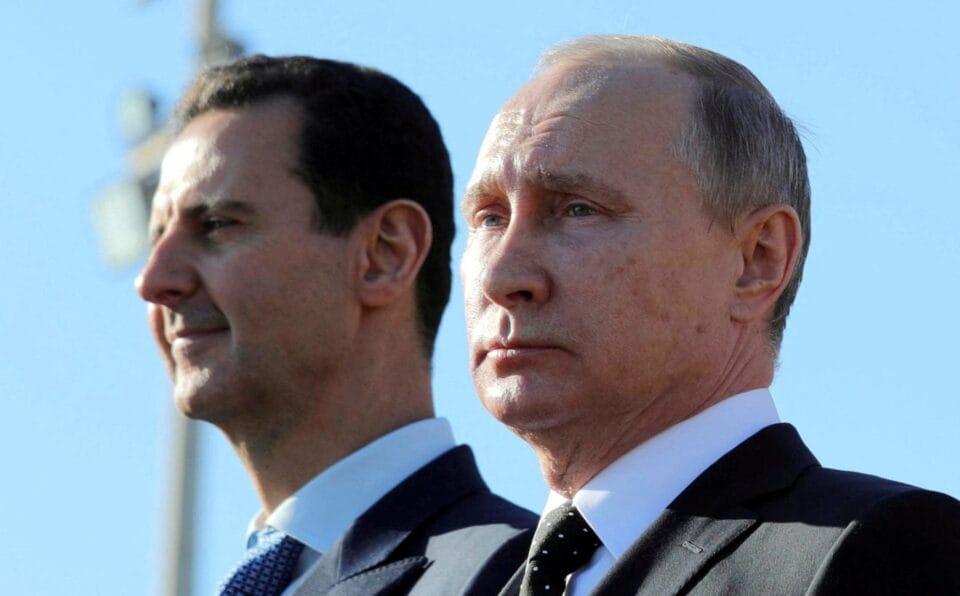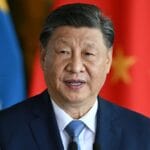Russian President Vladimir Putin personally decided to offer political asylum to ousted Syrian President Bashar al-Assad, Kremlin spokesman Dmitry Peskov confirmed on December 9, although he declined to comment on Assad’s specific location.
“Such decisions certainly can’t be made without the head of state,” Peskov said during a conference call with reporters. “It was his decision.”
Peskov also stated that Putin did not plan to meet with Assad and, when asked about Assad’s whereabouts, he replied, “I have nothing to tell you.”
Regarding recent events in Syria, Peskov admitted that the Kremlin was caught off guard by the developments.
When asked about Russia’s military bases in Syria, he said, “It is too early to say. This is a subject for discussion with whoever is going to be in power in Syria.”
On December 9, Syria’s embassy in Moscow raised the opposition flag at its building, with a spokesman indicating that the embassy was operating as usual.
Meanwhile, Syrian opposition groups announced that they would not impose any religious dress code on women, vowing to guarantee personal freedoms. In a statement on social media, the insurgents’ General Command declared, “It is strictly forbidden to interfere with women’s dress or impose any request related to their clothing or appearance, including requests for modesty.”
The U.N. human rights chief, Volker Turk, called for Assad and other senior Syrian officials to be held accountable for potential war crimes. Turk stated that any transition process in Syria should be linked to accountability for the alleged war crimes committed during the civil war, which began in 2011 and has resulted in hundreds of thousands of deaths and millions of displaced people.
Israeli Forces Enter Syria After Controlling Golan Buffer Zone
Following the collapse of Assad’s regime, Israel sent ground forces beyond the demilitarized zone on the Syria-Israel border, marking the first Israeli entry into Syrian territory since the 1973 war. The Israeli military said the operation was aimed at establishing defensive positions to prevent armed opposition groups from infiltrating the area.
Israeli Prime Minister Benjamin Netanyahu also confirmed the collapse of a U.N.-monitored disengagement agreement, which had created a buffer zone between Israel and Syria.
Israel’s foreign minister further confirmed that the military had struck suspected chemical weapons sites and long-range rockets in Syria to prevent them from falling into the hands of “hostile actors.” Gideon Saar described Israel’s military presence in the buffer zone as a “limited and temporary step.”
According to U.S. media reports, Washington is working with several countries in the Middle East to prevent chemical weapons held by the Assad regime from falling “into the wrong hands.”



